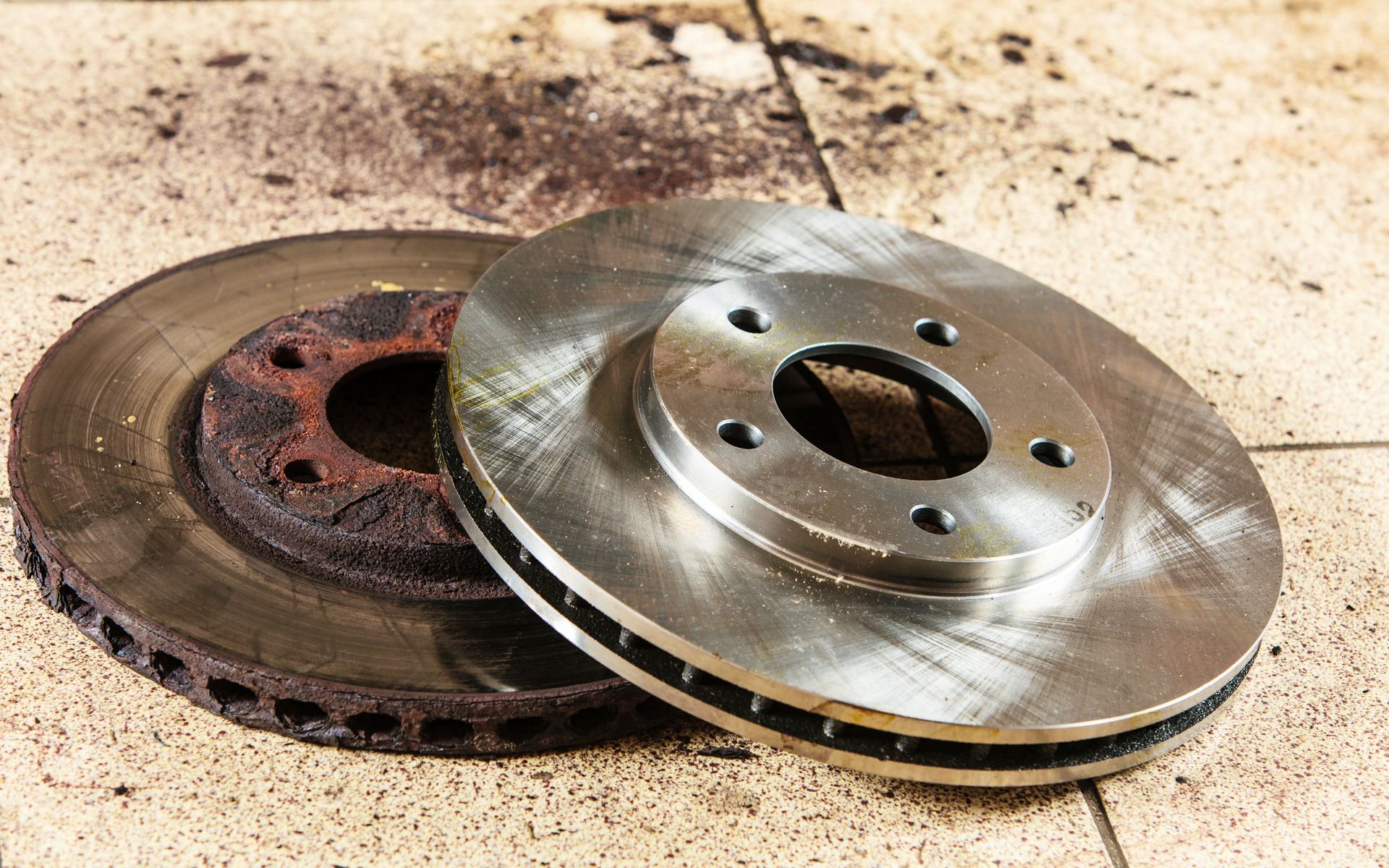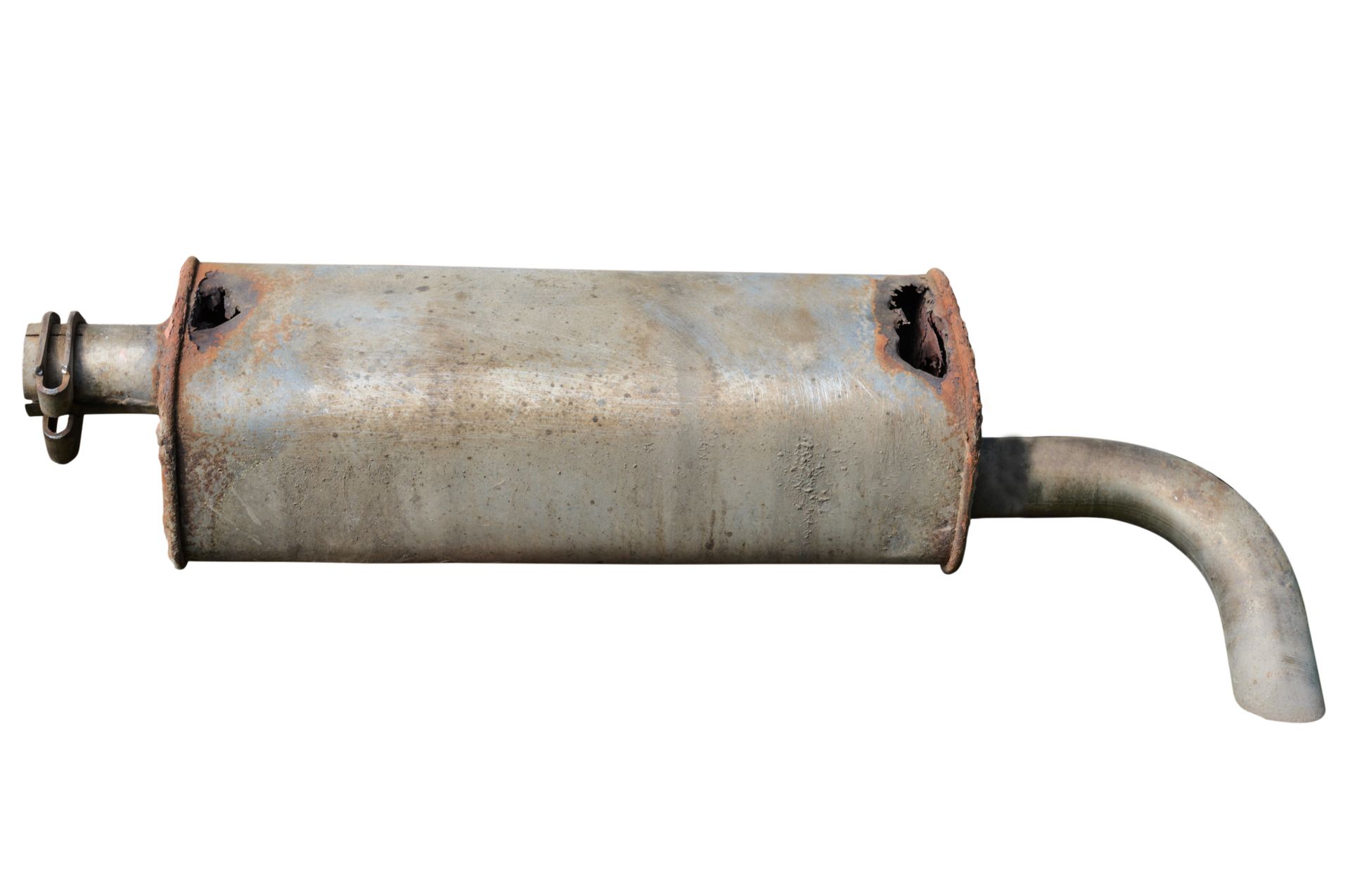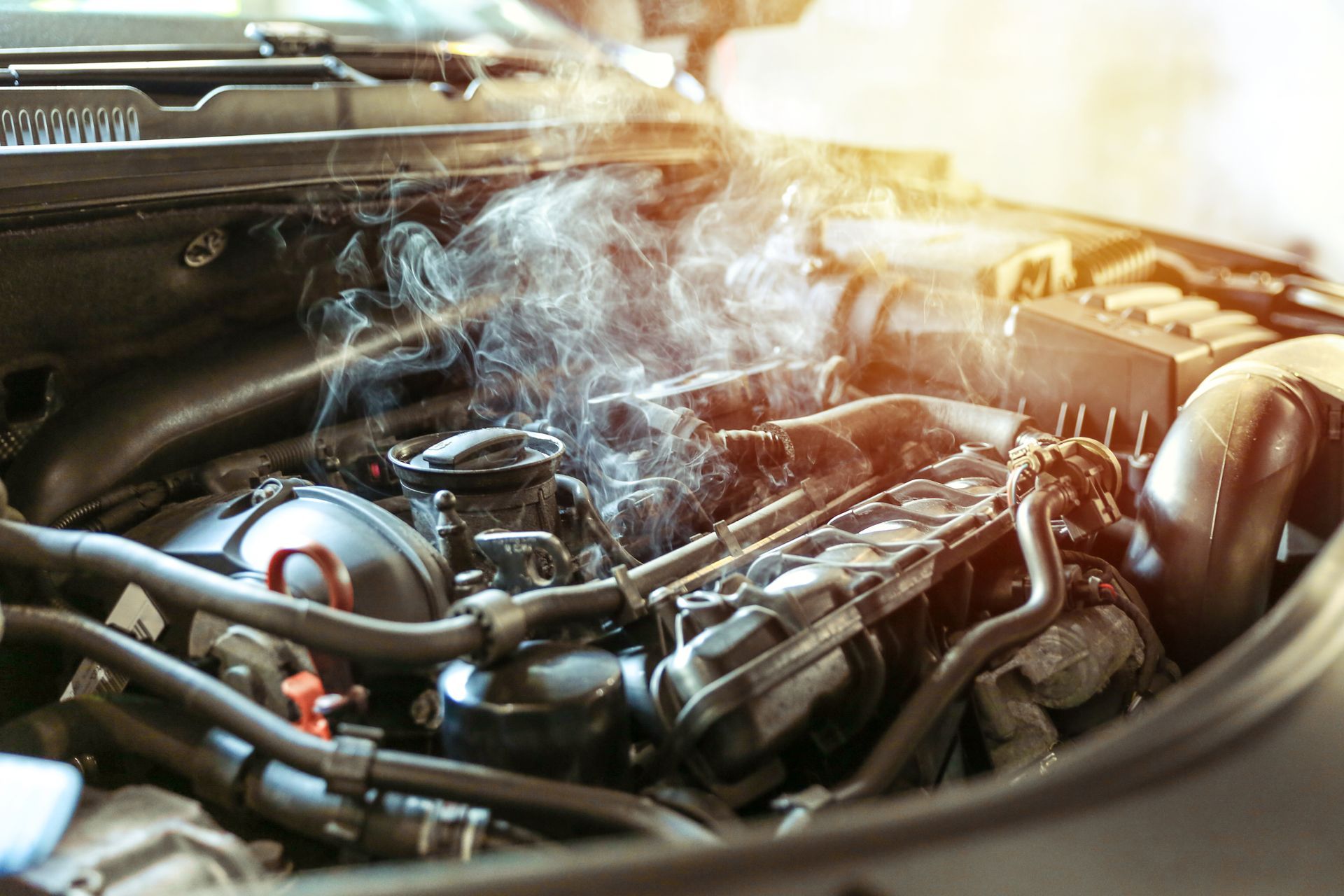If you drive an older car, you’ve probably wondered whether switching to synthetic oil is a good idea. It’s a common question among owners of aging vehicles, especially as more oil change shops recommend synthetic blends or full synthetic options.
But is it safe? Will it actually benefit your engine, or could it cause problems?
What Is Synthetic Oil, and How Is It Different
Synthetic oil is engineered in a lab to provide more consistent performance than conventional oil. It has fewer impurities, resists breakdown at high temperatures, and flows more easily in cold conditions. That makes it ideal for newer engines designed with tighter tolerances.
Conventional oil, on the other hand, is refined from crude oil and contains more natural variations. While it still protects your engine, it doesn’t last as long or perform as well under extreme conditions.
Benefits of Using Synthetic Oil in Older Engines
If your older vehicle is in decent shape, switching to synthetic oil can offer several benefits:
- Improved lubrication: Synthetic oil maintains its viscosity better, meaning your engine stays protected during hot weather, cold starts, or stop-and-go traffic.
- Cleaner engine internals: It contains detergents that help reduce sludge and deposit buildup, which is common in older engines.
- Extended oil change intervals: While you should always follow manufacturer guidance, synthetic oil typically lasts longer between changes.
- Better performance in extreme temperatures: If you’re dealing with cold Wisconsin winters or hot summers, synthetic oil offers more consistent protection.
When You Might Want to Wait or Avoid the Switch
If your vehicle has very high mileage and has only ever used conventional oil, switching to synthetic could cause leaks. That’s because synthetic oil flows more easily and may slip through worn seals or gaskets that were fine with thicker conventional oil.
It doesn’t damage seals, but it can reveal existing wear. If you already have oil seepage or a small leak, you may notice it gets worse after the switch. This doesn’t mean synthetic oil caused the leak, just that it exposed a weakness.
What About Synthetic Blends
A synthetic blend is a mix of conventional and synthetic oils. It offers some of the benefits of full synthetic without being as thin or costly. This can be a good middle ground for older vehicles or engines that might not be ready for full synthetic.
Blends are also a smart option if you’re trying to clean out deposits over time while keeping an eye on potential leaks.
How to Know If Your Car Is a Good Candidate
Here are a few signs that your older vehicle might do well with synthetic oil:
- No current oil leaks or seepage
- Regular maintenance history
- Engine still runs strong with good compression
- You plan to keep the vehicle long-term
If any of these apply, synthetic oil could help extend the life of your engine and improve its overall performance.
Consult Your Technician Before Switching
The best way to know for sure is to have your car inspected. A technician can check for signs of seal wear, oil consumption, or other engine concerns that may affect the decision. Sometimes, just replacing gaskets or seals can make synthetic oil a better option.
Every car is a little different, and your driving habits also matter. Someone who only drives short distances may need a different oil than someone taking long highway trips.
Oil Advice You Can Trust at Grahams Auto & Truck Clinic
If you're considering a switch to synthetic oil, bring your car to Grahams Auto & Truck Clinic in Cottage Grove or Madison. Our team can check your engine, help you weigh the pros and cons, and guide you toward the best option for your vehicle’s age and condition.
We’re here to keep your engine healthy for the long haul, whether you're sticking with conventional or ready to make the change. Schedule your next oil service today and let us help you get the most from every mile.











